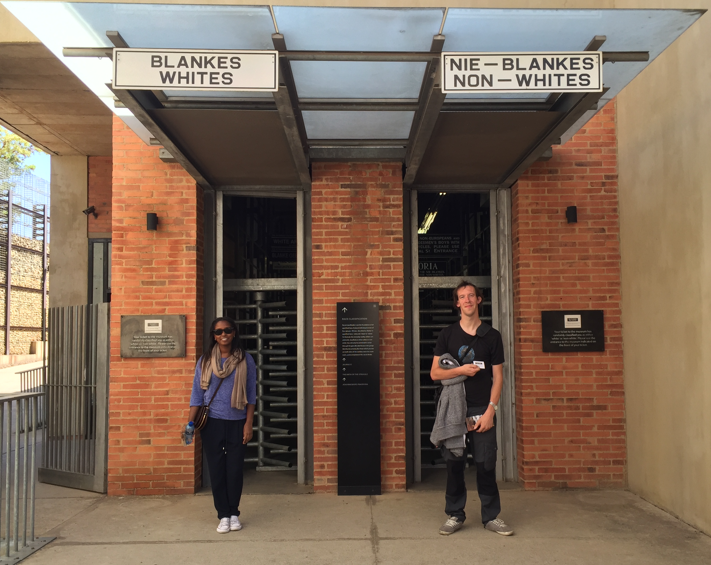Every year on March 21, people around the world observe the International Day for the Elimination of Racial Discrimination—a solemn reminder of the work still needed to end systemic racism and promote racial equality. While it’s easy to assume that racism is a thing of the past, this day challenges us to confront the reality that discrimination, bigotry, and exclusion remain deeply entrenched in many societies.
But why March 21? What makes this date so important, and why does it continue to resonate across continents and generations?
The Tragic Origins of March 21
To understand the significance of this date, we must go back to Sharpeville, South Africa, in 1960. On this day, thousands of Black South Africans gathered in peaceful protest against apartheid’s notorious “pass laws,” which severely restricted the movement of non-white citizens. In response, police opened fire on the crowd—killing 69 people and injuring many more.
This massacre marked a turning point in the global fight against apartheid and brought international condemnation of South Africa’s racial policies. In 1966, the United Nations General Assembly declared March 21 the International Day for the Elimination of Racial Discrimination, calling on the global community to step up efforts to eliminate all forms of racial inequality.
A Global Issue—Not Just a Historical One
It can be tempting to think of racism as a relic of the past. We learn about it in school, read about civil rights movements, and perhaps believe the worst is over. But racism hasn’t disappeared; it’s evolved. It lives on in subtler, insidious ways—through unequal access to healthcare, disparities in education, racial profiling, employment discrimination, online hate, and the underrepresentation of marginalized communities in leadership and media.
The events of recent years—like the Black Lives Matter protests, the rise in anti-Asian hate crimes, and ongoing debates about immigration and refugees—remind us that racial injustice remains one of the most urgent challenges of our time.
The truth is, no society is immune. Whether overt or systemic, racism continues to divide communities and deny individuals their dignity and potential.
What This Day Represents
March 21 isn’t just a day to look back—it’s a day to take stock of where we are, recommit to fighting injustice, and imagine a more inclusive future. The United Nations uses this date to spotlight themes that reflect ongoing struggles. These have included:
- “Voices for Action Against Racism”: encouraging people everywhere to speak out against prejudice.
- “Youth Standing Up Against Racism”: empowering the younger generation to lead change.
- “Mitigating and Countering Rising Nationalist Populism and Extreme Supremacist Ideologies”: recognizing the growing global threat of hate-based movements.
Each theme underscores a key truth: eliminating racism is not the responsibility of a few—it’s the responsibility of all.

What Can You Do?
No matter where you are in the world, there are steps—big and small—you can take to support racial equality:
1. Educate Yourself
Understand the history and current realities of racial discrimination where you live. Read books by authors from marginalized communities. Listen to podcasts, attend lectures, and follow activists who challenge dominant narratives.
2. Speak Out
Don’t be silent when you witness racism—whether it’s in a public space, the workplace, or online. Use your voice to call out injustice, even when it’s uncomfortable.
3. Support Equity in Action
Donate to or volunteer with organizations working on racial justice, mentorship programs, or refugee support. Advocate for inclusive policies in your community, school, or workplace.
4. Celebrate Diversity
Lift up stories, art, music, and culture from communities that have been historically marginalized. Representation matters—not just in visibility but in shaping the future.
A Collective Responsibility
As much as this day highlights the pain caused by racism, it also emphasizes hope and solidarity. It reminds us that change is possible—but only if we actively work toward it. The road to racial justice is long, complex, and filled with resistance, but history shows us that progress is possible when people stand together.
So on March 21, take a moment to reflect. But more importantly, take action. Whether that means having a difficult conversation, attending a community event, or challenging a policy at work, every action matters.
The fight against racial discrimination is not a one-day effort—it’s an everyday commitment to dignity, equality, and justice for all.
Leave a Reply